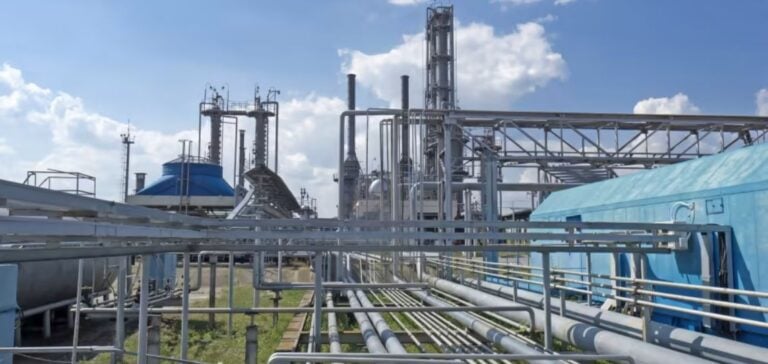Russia carried out another attack on Ukraine’s energy infrastructure overnight, Ukrainian authorities reported on Thursday morning. This latest series of Russian attacks in Ukraine targeted power generation facilities and transmission systems. Ukrainian officials are planning to decentralize the country’s energy production to better resist these attacks. Ukrainian Energy Minister Guerman Galushchenko reported on social networks that the offensive was focused on infrastructure in the regions of Kiev, Kharkiv, Zaporijjia and Lviv. The attacks used cruise missiles and Iranian-made Shahed drones, marking a severe escalation in the targeting of critical infrastructure.
Details of specific regions
In Kharkiv, Russia carried out at least ten strikes on vital infrastructure, as reported by local authorities on social networks. The mayor of Kharkiv, Igor Terekhov, and the regional police said the attacks were carried out by missiles, striking Ukraine’s second most populous city. These actions could lead to power supply problems, and the city’s subway system will be closed for the next few hours.
Impact on Kiev and other regions
The Kiev region was subjected to a “massive attack” with combat drones and missiles, reported the head of the local military administration, Ruslan Kravchenko. A critical infrastructure facility was targeted, although few further details were provided. In the Zaporizhia region, Governor Ivan Fedorov reported a similar attack damaging an energy infrastructure. A fire also broke out on the site of an energy infrastructure in the Odessa region, caused by falling drone debris.
The ongoing series of attacks on Ukraine’s energy infrastructure, particularly around Kharkiv, has led to significant power cuts. Seven people were killed on Wednesday in the Kharkiv and Odessa regions in overnight attacks on two energy sites. These attacks, by causing power outages in these territories, exacerbate the humanitarian and energy crisis.






















